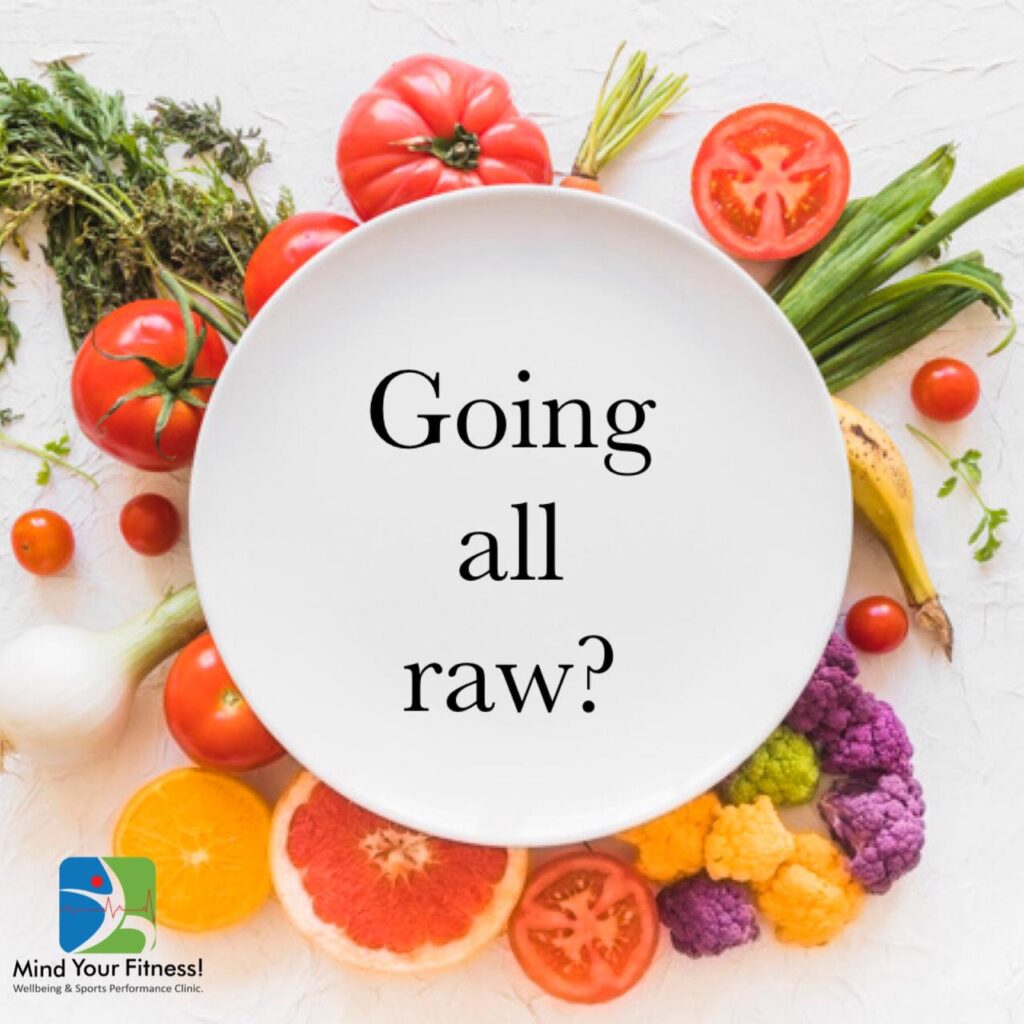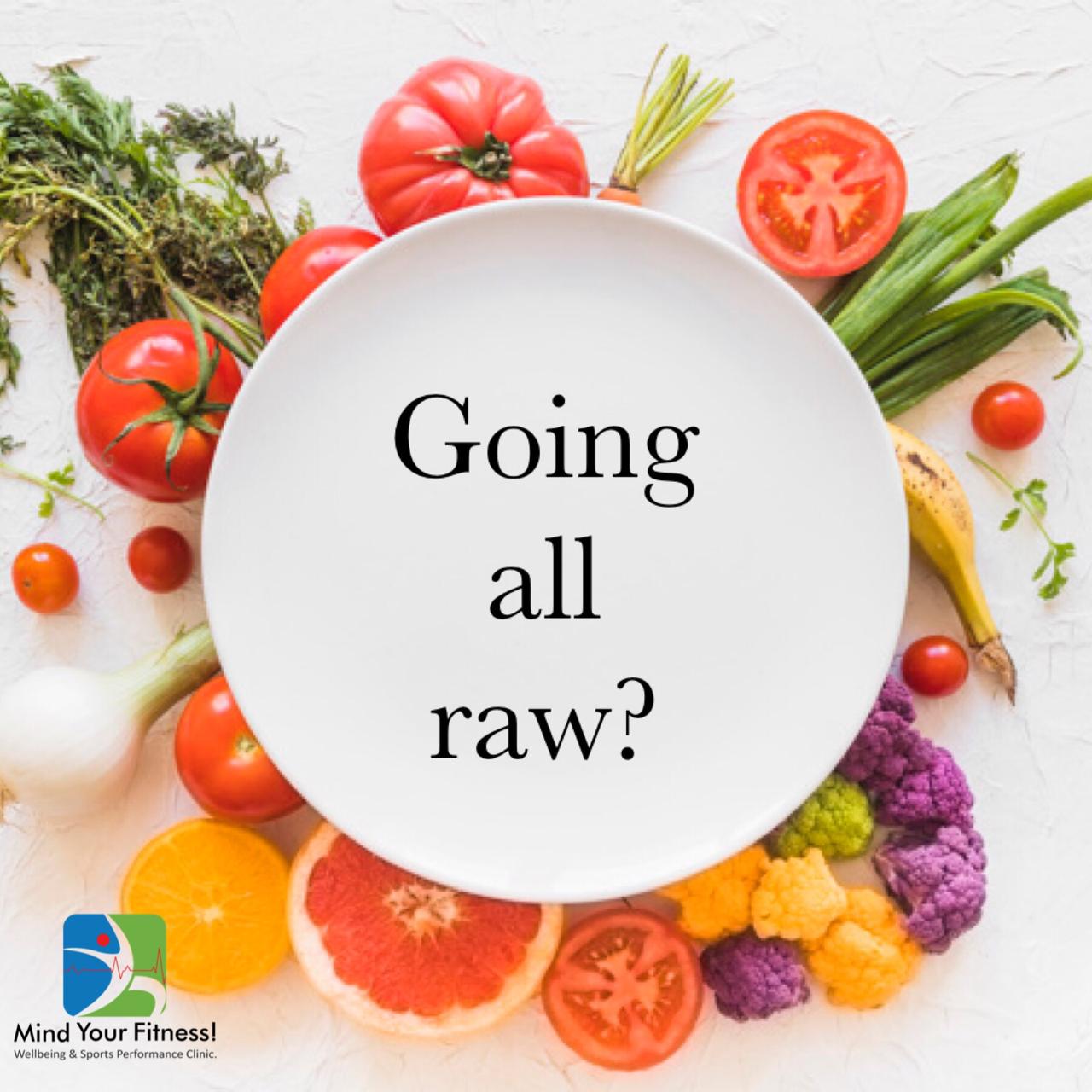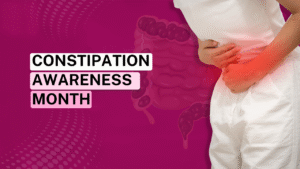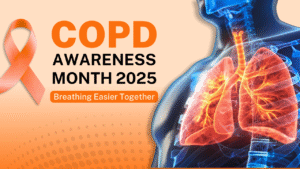
As global rates of obesity, cardiovascular disease, type 2 diabetes, and other diet-related illnesses skyrocket, many have naturally begun to question where the human relationship with food took a wrong turn.
Adherents of raw foodism believe that by returning to diets composed primarily of uncooked and unprocessed foods and beverages we can restore what was lost.
However, there is growing concern that raw food may be making us sick.
Raw foodism (also referred to as the raw food movement) can largely be traced to the Swiss nutritionist and physician Maximilian Bircher-Benner. He reasoned that as per the second rule of thermodynamics, energy decreases as it is transferred or transformed, and applied it to cooked foods, which would have less energy and nutrients than in their raw state.
Raw foodism currently takes various forms, with some abstaining from all animal products and others regularly consuming unpasteurized dairy. Many raw food adherents believe that if anything is cooked above a certain temperature (usually 104° -118°F) it will lose the natural enzymes that enable improved digestion with additional claims of being “cleansing” and helping to avoid “toxins”.
In reality, food enzymes are inactivated in the stomach, which comes equipped with its own enzymes for digesting and absorbing food.
Celebrity endorsements further help hasten dubious dietary trends.
It is true that the chemical composition and nutritional content of foods can be changed by their preparation, but this doesn’t tip the scales solely in favour of raw foods.
For example, if you are looking for antioxidants, raw green leafy vegetables provide more than their cooked counterparts, but letting tomatoes and carrots simmer on the stovetop will boost levels above what’s available if you eat them fresh from your garden.
Even when nutrients are lost by cooking, it is often negligible when compared to the raw counterparts, still leaving ample room for supplementation of certain vitamins.
The nutrients lost from avoiding all cooked foods can have devastating effects, in the form of rapid weight loss, impaired reproduction, and amenorrhea or menstrual irregularities, especially those following the raw vegan diet.
It is particularly hazardous for children, as it can adversely affect neurologic development and growth.
In 1865, Louis Pasteur discovered that applying brief, low levels of heat to liquids could kill off pathogens. When pasteurization was applied to milk a couple of decades later, it was a minor intervention with believed to be responsible for saving millions of lives.
It is now speculated that pasteurization also kills off beneficial nutrients, including probiotic bacteria, which has rendered us more susceptible to conditions ranging from diabetes to osteoporosis.
The Centers for Disease Control and Prevention reported a substantial uptick in unpasteurized milk–related outbreaks from 2007 to 2012, compared with earlier years. The problem is not specific to pasteurization.
Cooking food is not just a culinary process but a preventive method that kills potentially deadly bacteria like Salmonella, rendering nutrients to become more bioavailable.
Raw egg whites contain avidin that makes biotin less available. Cooking deactivates avidin.
Looking backwards so we can move forward:
In 2009, Richard Wrangham, PhD, Harvard professor of biological anthropology, posited that far from being our dietary downfall, cooking enabled our leap from ape to human. By making food easier to digest, cooking distributed additional energy to our brains.
Going all raw may not be the most ideal thing to do!





